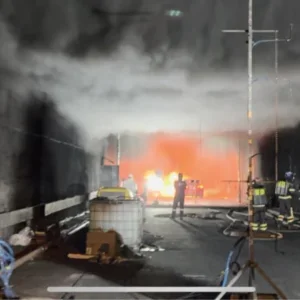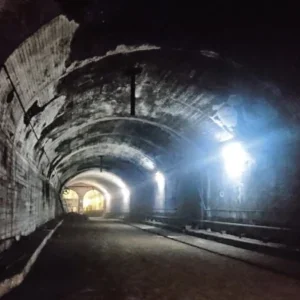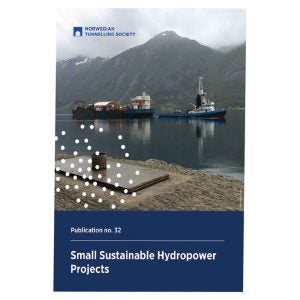When I reflect on the changes which have occurred in the UK tunnelling scene since the first issue of T&T, in 1969, the aspect which surprises me most is the virtual disappearance of the contractors and manufacturers who dominated the industry at that time.
Gone from the industry, as standalone companies, are the elite organisations such as Brand, Kinnear Moodie, Mitchell Brothers, and Mowlem, together with key equipment suppliers such as Markham, Priestley and Lawrence. Balfour Beatty is the sole independent survivor of the companies which constructed the first phase of the LUL Victoria Line, which was reaching completion at just about the time that T&T first saw the light of day. Consulting engineers have fared rather better. The two premier practices of Halcrow and Motts continue to thrive, but they now have to compete with numerous others for work which, forty years ago, important tunnel clients such as LUL used to award almost exclusively to them.
However, in my opinion, the damage wasn’t done by LUL, or by its preferred Engineers, but rather by later policies and practices of bodies such as privatised and local authorities, government departments, and their associated professionals, who, collectively, did not conduct their affairs with the high levels of technical competence and contractual integrity of LUL, Halcrow and Motts. The “disappeared” contractors were themselves not blameless. Their engineers and managers were slow to adapt to the changes in the commercial environment, and took risks which gave rise to losses which disillusioned their Main Boards and shareholders, and caused them to withdraw from tunnelling. It is ironic that, in some cases, they were replaced by contractors whose Boards, after initial enthusiasm for tunnelling, gradually came to the view that the industry was not as attractive as they had imagined it to be, and who themselves withdrew from the scene.
But not all the newcomers quit. Those who have persisted, together with large international companies which have entered the UK, have benefited from the new forms of contract and project management which have been used on the large projects which have developed in the UK in the last twenty years, mainly in response to European water industry directives and a need to improve the general infrastructure of the UK. These projects have seen the introduction of formal Partnering procedures with more enlightened management and allocation of risk, and with close technical and commercial cooperation between all the contracting parties, the supply chain, the HSE and neighbours affected by the works.
The scale of these projects has also enabled the industry to apply very important developments in TBM technology from Japan and Europe which have greatly increased tunnelling productivity and which have made it possible to tunnel safely, reliably and economically in soils which were completely beyond the reach of earlier machines. Developments in tunnel linings have made it possible to construct watertight tunnels in soils with high water pressures. The recent very successful completion of the CTRL tunnels illustrates just how far the industry has advanced in these fields in recent years. In less challenging soils, developments in sprayed concrete linings have been reasonably successful and are encouraging.
Long may this period of enlightenment continue. It is predicted that dramatically increased urbanisation will characterise life later this century as the world struggles with the consequences of global warming. Tunnellers will be called upon to make crucial contributions to the survival of the populations of these urban centres. It will be a struggle for life which will demand the best from all involved. On the basis of recent evidence, I am confident that tunnellers will not be found wanting. T&T
About Mackenzie
Colin Mackenzie retired in May 2001 after a 40-year career in Civil Engineering. Colin’s first major project was as a graduate civil engineer working for Mitchell Construction on the Awe Hydro Electric project in Scotland. After three years on site, Colin swapped the hard rock environment for a soft ground challenge working for Mowlem on the Victoria Line Project in London. Colin remained at Mowlem for 24 years working on a vast array of major civil engineering schemes, becoming Director of Mowlem Civil Engineering Ltd from 1982 – 1988. In 1988 Amec engaged Colin as its Director for Tunnelling. He completed his career as Resident Project Director on Contract 102 of the Jubilee Line Extension Project.
Colin was on the British Tunnelling Society committee for nine years including two years as Chairman in the early 1990’s, and was a recipient of the Telford Gold Medal of the Institution of Civil Engineers and the James Clarke Memorial Medal of the British Tunnelling Society.
Forty years of T&T






